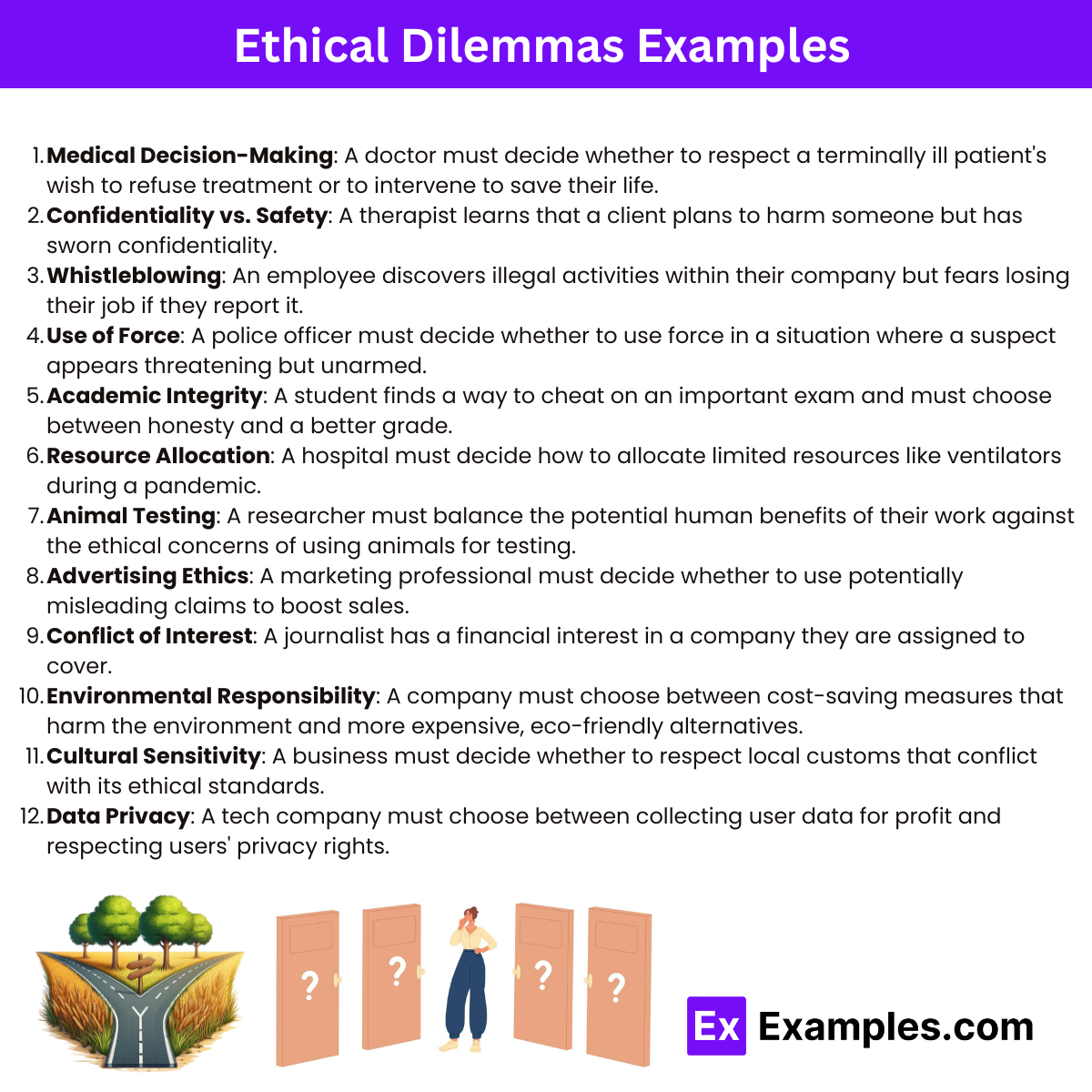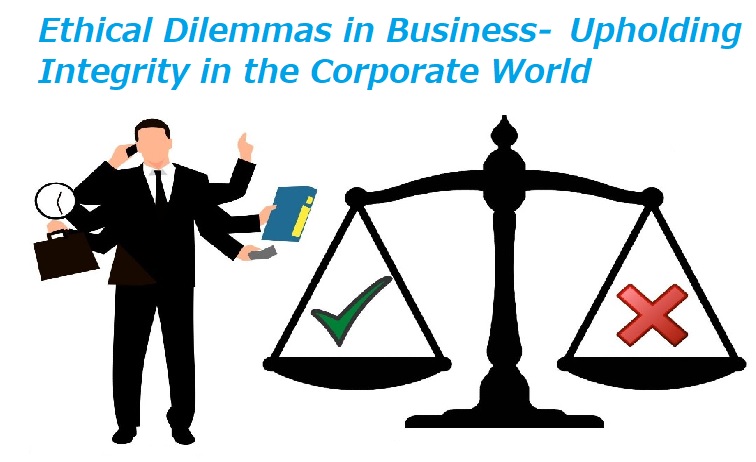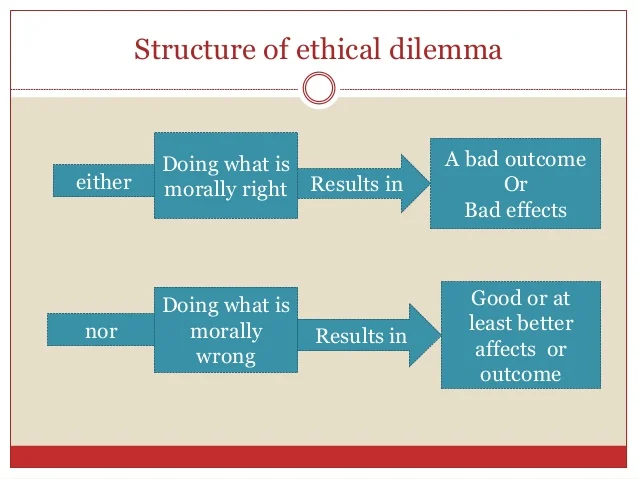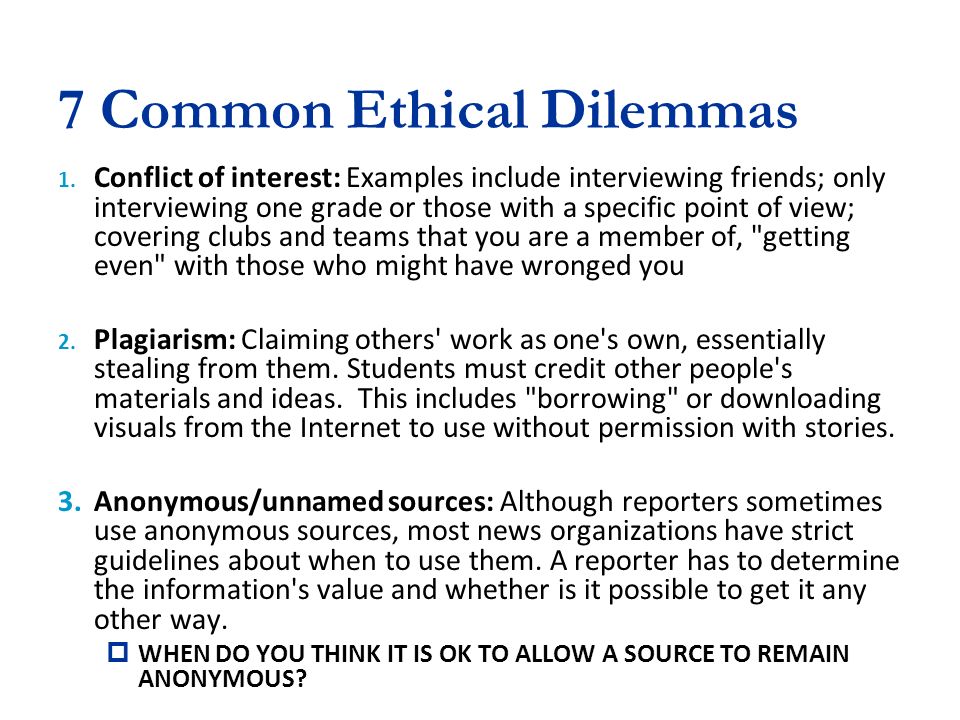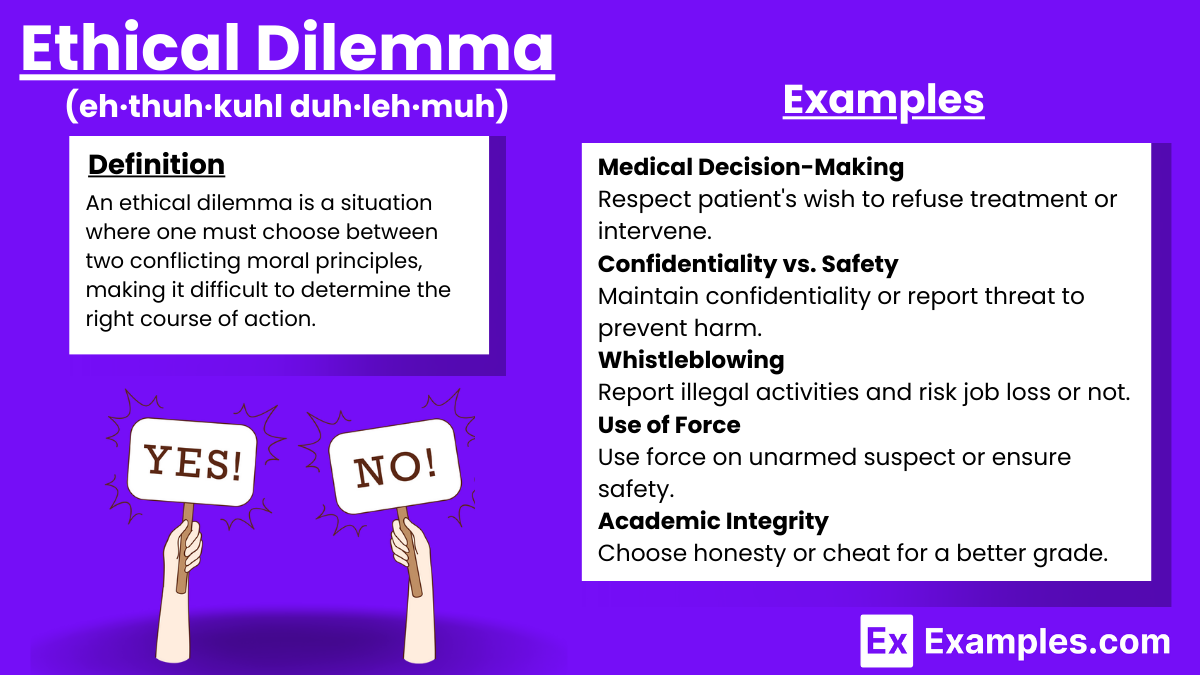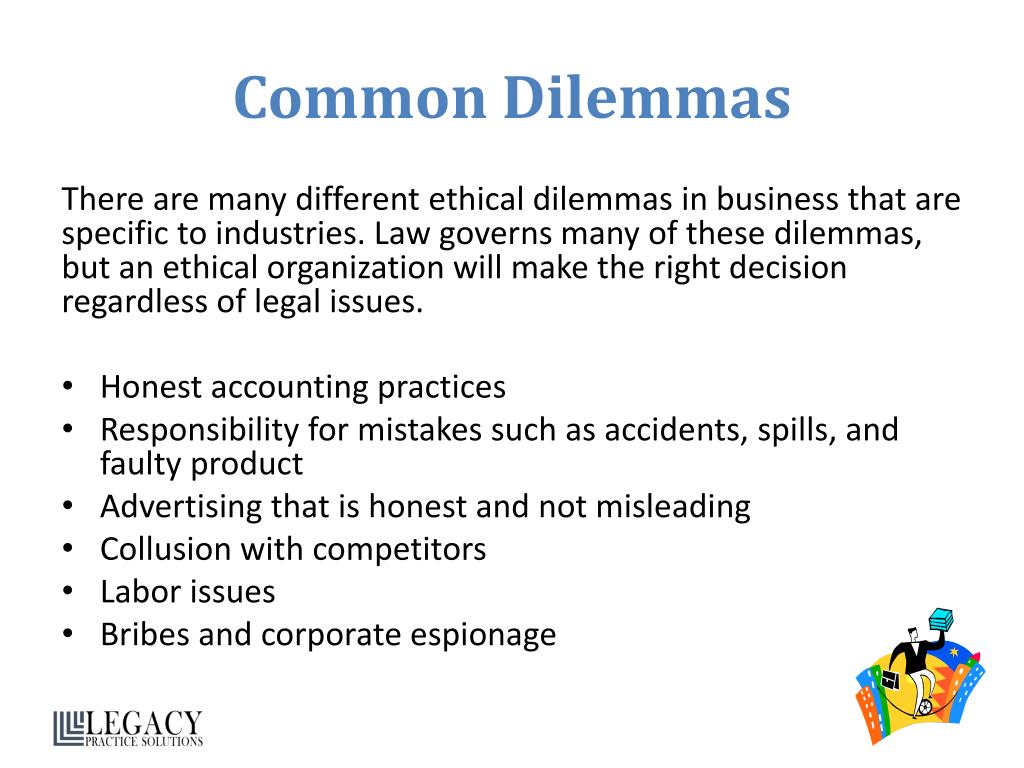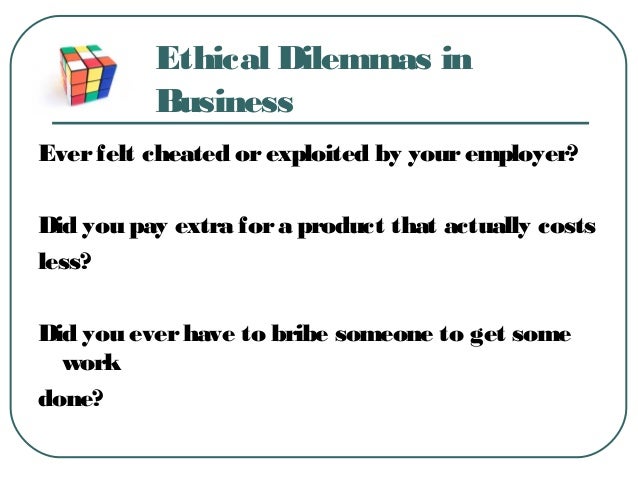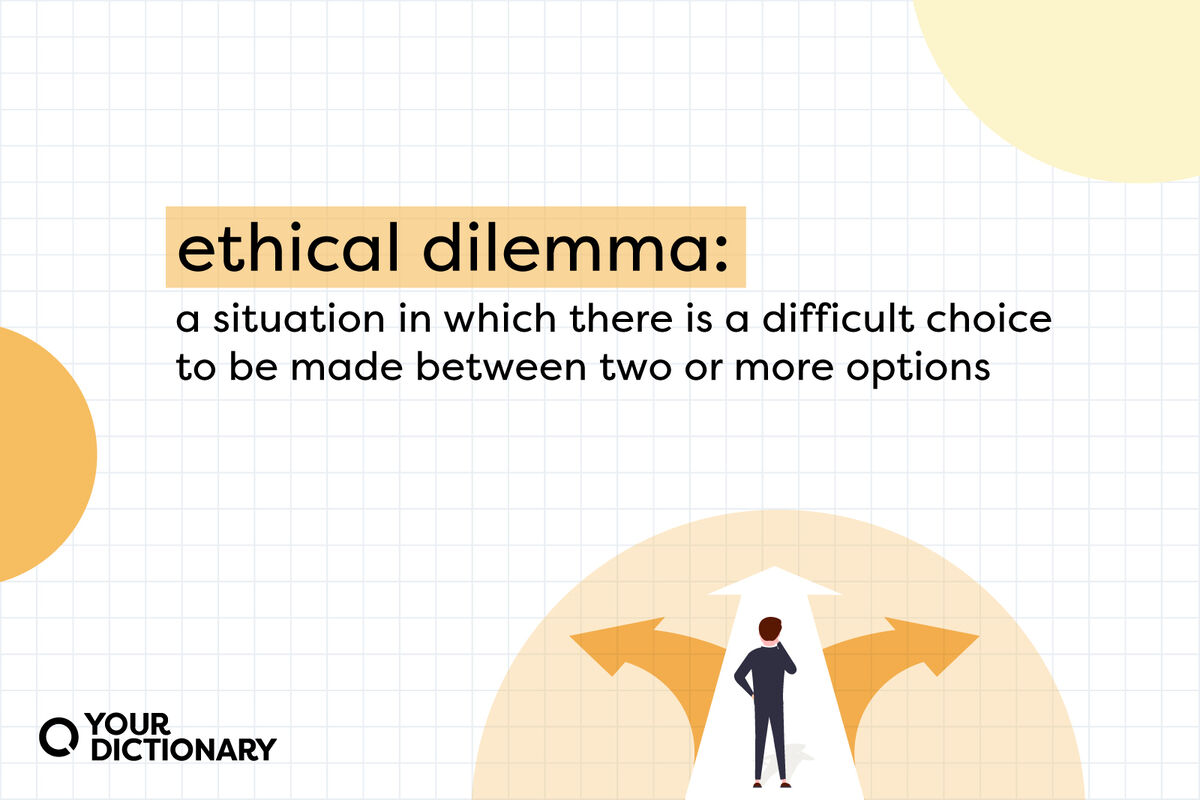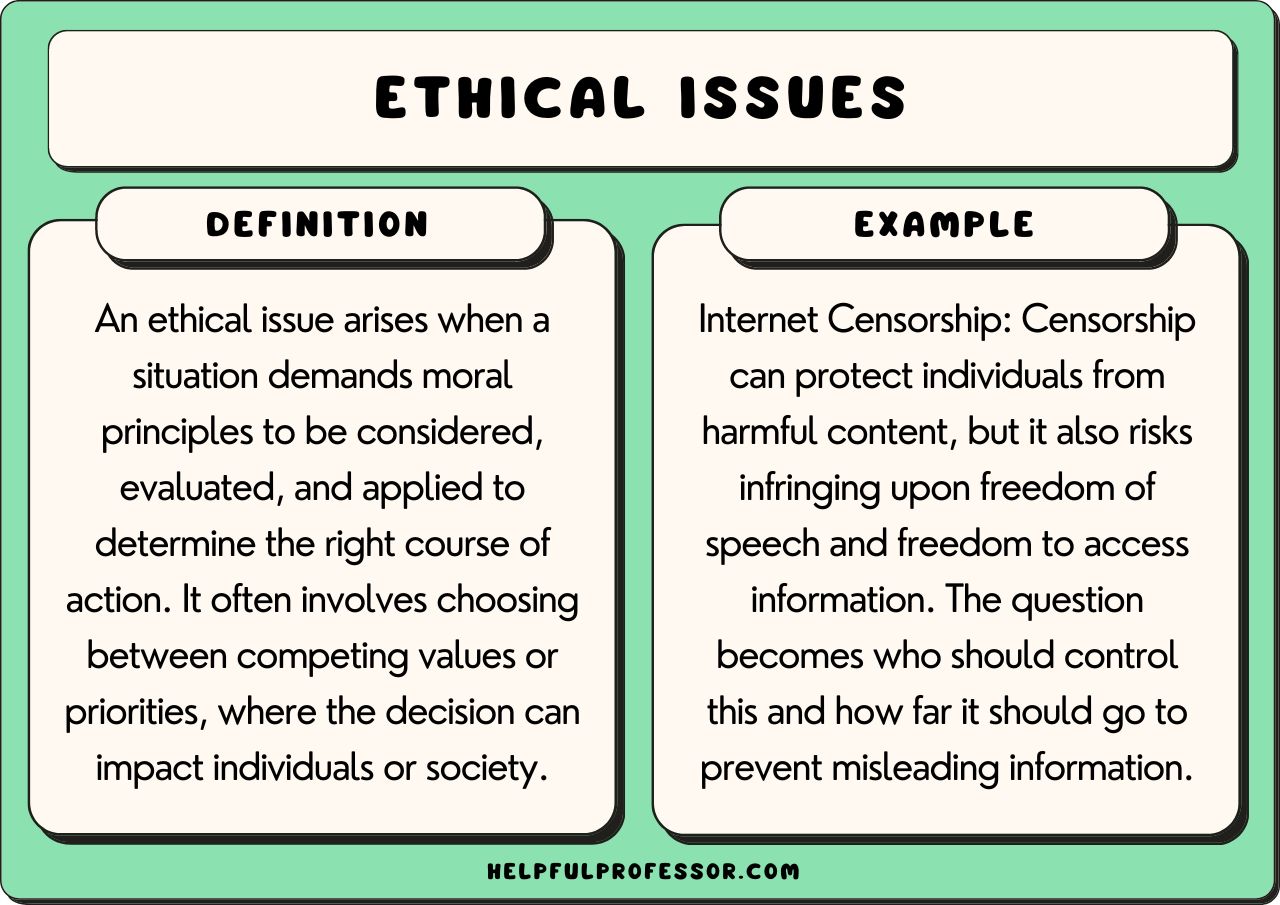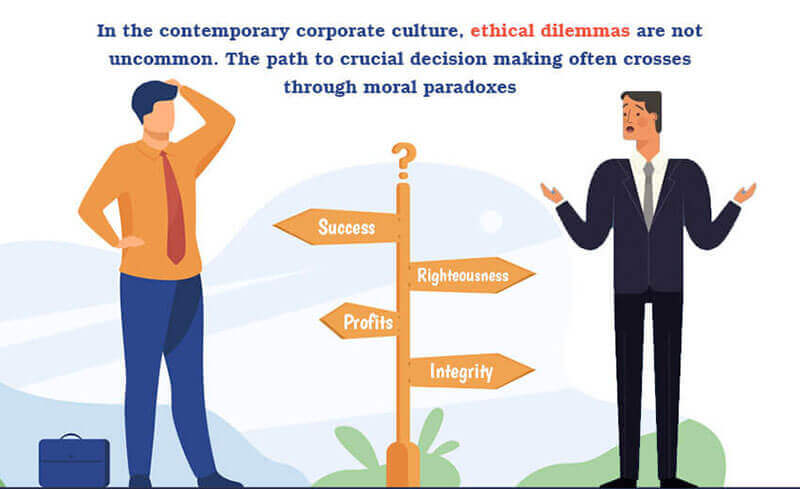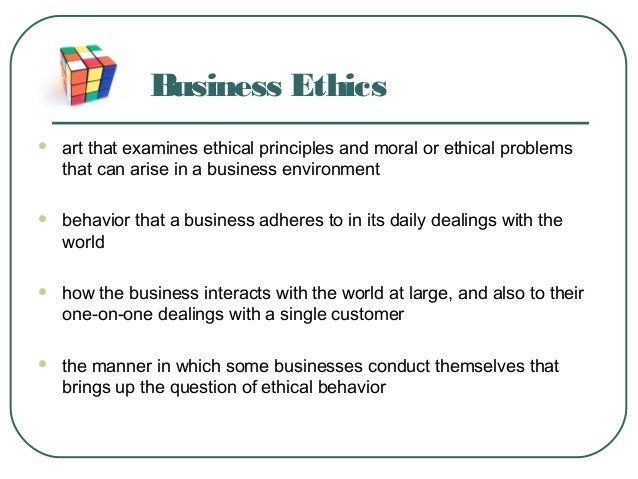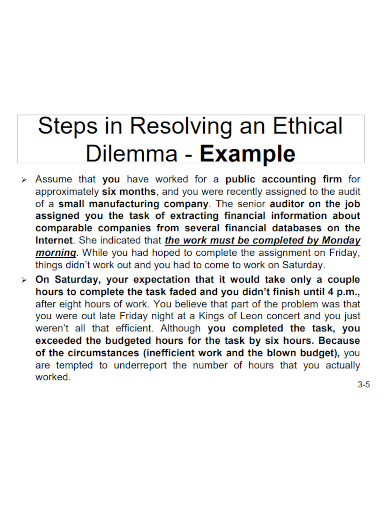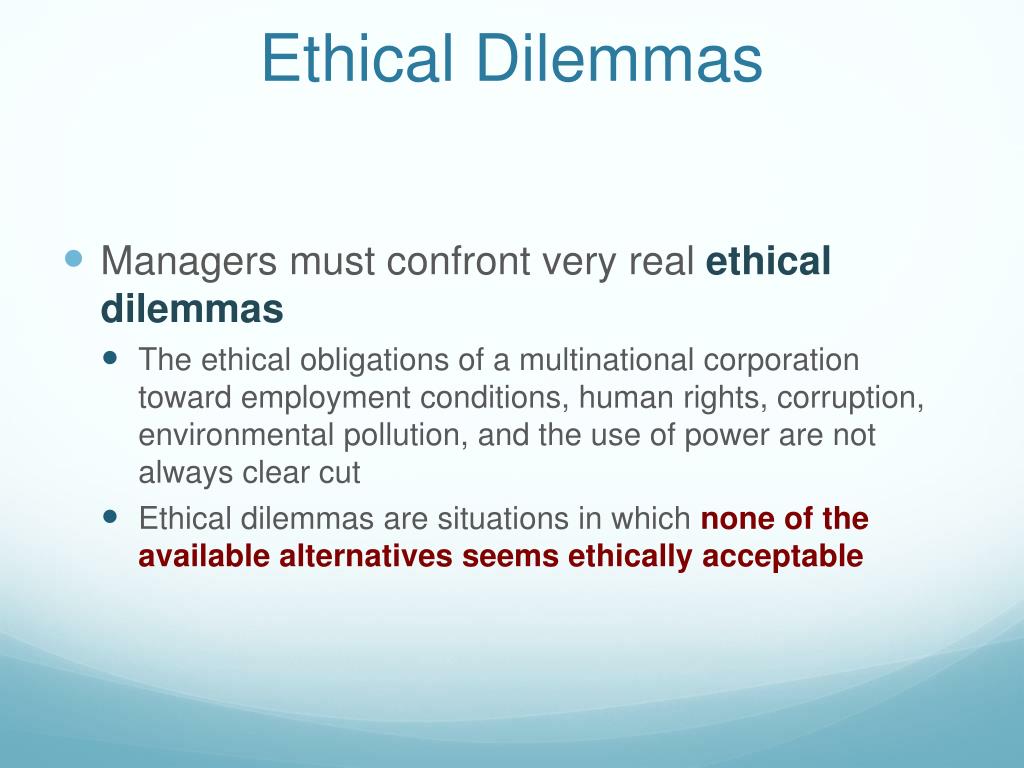Ethical Business Dilemma Scenarios
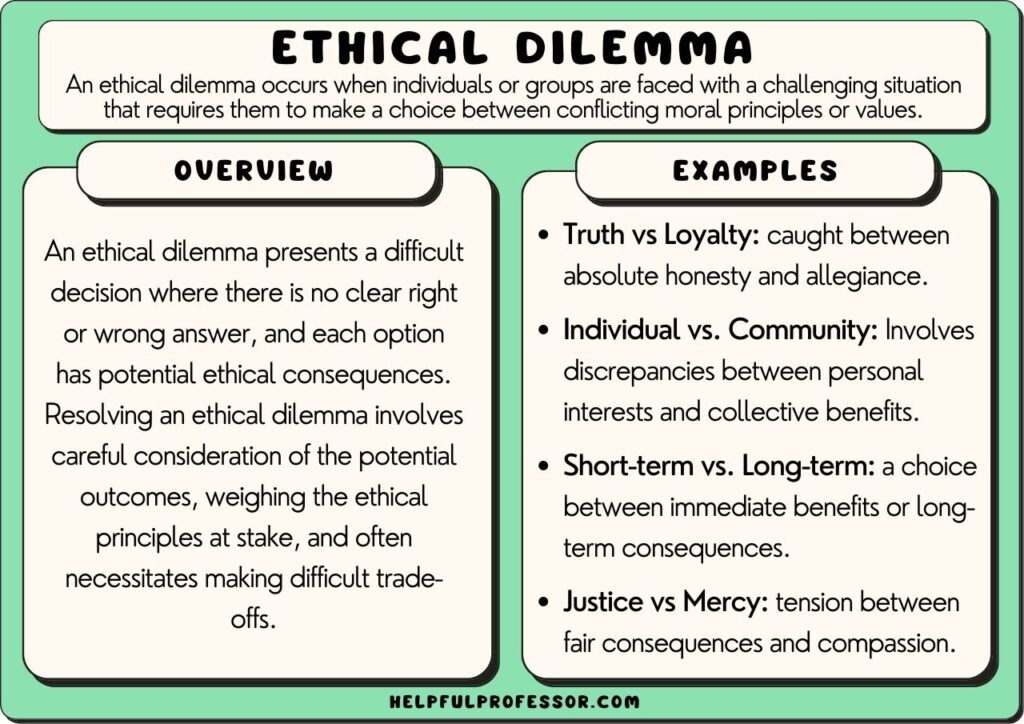
The modern business landscape is rife with ethical complexities, demanding that companies and their employees navigate a maze of conflicting values and stakeholder interests. From environmental sustainability to data privacy, and from fair labor practices to responsible marketing, organizations frequently encounter situations where choosing the “right” path is far from clear-cut.
These dilemmas highlight a growing need for robust ethical frameworks and decision-making processes within businesses of all sizes. The consequences of ethical missteps can be significant, impacting not only a company's reputation and bottom line but also the trust and well-being of its employees, customers, and the wider community.
The Scenario: Data Privacy vs. Personalized Marketing
One common ethical challenge arises in the realm of data privacy and personalized marketing. Consumers increasingly expect personalized experiences, but providing these experiences often requires collecting and analyzing vast amounts of personal data.
This creates a tension between enhancing customer satisfaction and potentially infringing on individual privacy rights. Consider a hypothetical scenario: a retail company, "Global Retail," is considering implementing a new AI-powered system that analyzes customer purchase history, social media activity, and even location data to predict future needs and tailor marketing campaigns accordingly. This system promises to significantly increase sales and improve customer engagement.
However, it also raises concerns about the extent to which Global Retail is tracking and using customer data, and whether customers are fully aware of and consenting to this level of data collection. This scenario presents a classic ethical dilemma: how does a company balance the desire for profit and efficiency with its responsibility to protect customer privacy?
Ethical Considerations
Several ethical frameworks can be applied to analyze this dilemma. Utilitarianism, for example, would focus on the overall benefits and harms resulting from the implementation of the AI-powered system.
If the increased sales and customer satisfaction outweigh the potential privacy risks, a utilitarian approach might justify the system's use. Conversely, a deontological perspective, emphasizing moral duties and rights, would prioritize the right of customers to privacy and autonomy, regardless of the potential benefits to the company.
“Respect for persons”, a key principle in deontology, suggests that Global Retail should not treat customers merely as a means to an end (i.e., increased profits) but should respect their inherent dignity and right to control their personal information.
Furthermore, a virtue ethics approach would consider the character and motivations of the decision-makers at Global Retail. Are they acting with honesty, integrity, and a genuine concern for the well-being of their customers? Or are they primarily driven by greed and a disregard for ethical principles?
The Scenario: Environmental Impact vs. Cost Reduction
Another frequently encountered ethical challenge involves balancing environmental sustainability with cost reduction. Many companies face pressure to minimize expenses in order to remain competitive, but this can sometimes lead to decisions that negatively impact the environment.
Imagine a manufacturing company, "Industrial Solutions," that is considering switching to a cheaper, less environmentally friendly material in its production process. The new material would significantly reduce production costs, boosting the company's profits and potentially allowing it to lower prices for consumers.
However, the material also releases harmful pollutants into the air and water, contributing to environmental degradation and potentially posing health risks to local communities. The company's management team is divided on whether to make the switch, with some arguing that the cost savings are essential for the company's survival and others raising concerns about the environmental and social consequences.
Balancing Stakeholder Interests
This scenario highlights the conflict between short-term economic gains and long-term environmental sustainability. Stakeholder theory suggests that companies have a responsibility to consider the interests of all stakeholders, including shareholders, employees, customers, suppliers, and the community at large.
In this case, Industrial Solutions must weigh the financial benefits to shareholders and the potential cost savings for consumers against the environmental damage and health risks to the community. A consequentialist perspective would require a careful assessment of the overall impact of the decision, considering both the positive and negative consequences for all stakeholders.
Furthermore, legal and regulatory requirements related to environmental protection must be taken into account. Compliance with these regulations is not merely a matter of legal obligation but also an ethical imperative.
The Impact and the Way Forward
Ethical business dilemmas are complex and multifaceted, with no easy answers. They require careful consideration of competing values, stakeholder interests, and potential consequences.
Establishing a strong ethical culture within an organization is crucial for navigating these challenges. This includes developing a clear code of ethics, providing ethics training for employees, and creating mechanisms for reporting and addressing ethical concerns.
Ultimately, ethical business practices are not only morally right but also essential for long-term success. Companies that prioritize ethical behavior are more likely to build trust with customers, attract and retain talented employees, and foster positive relationships with the community.
